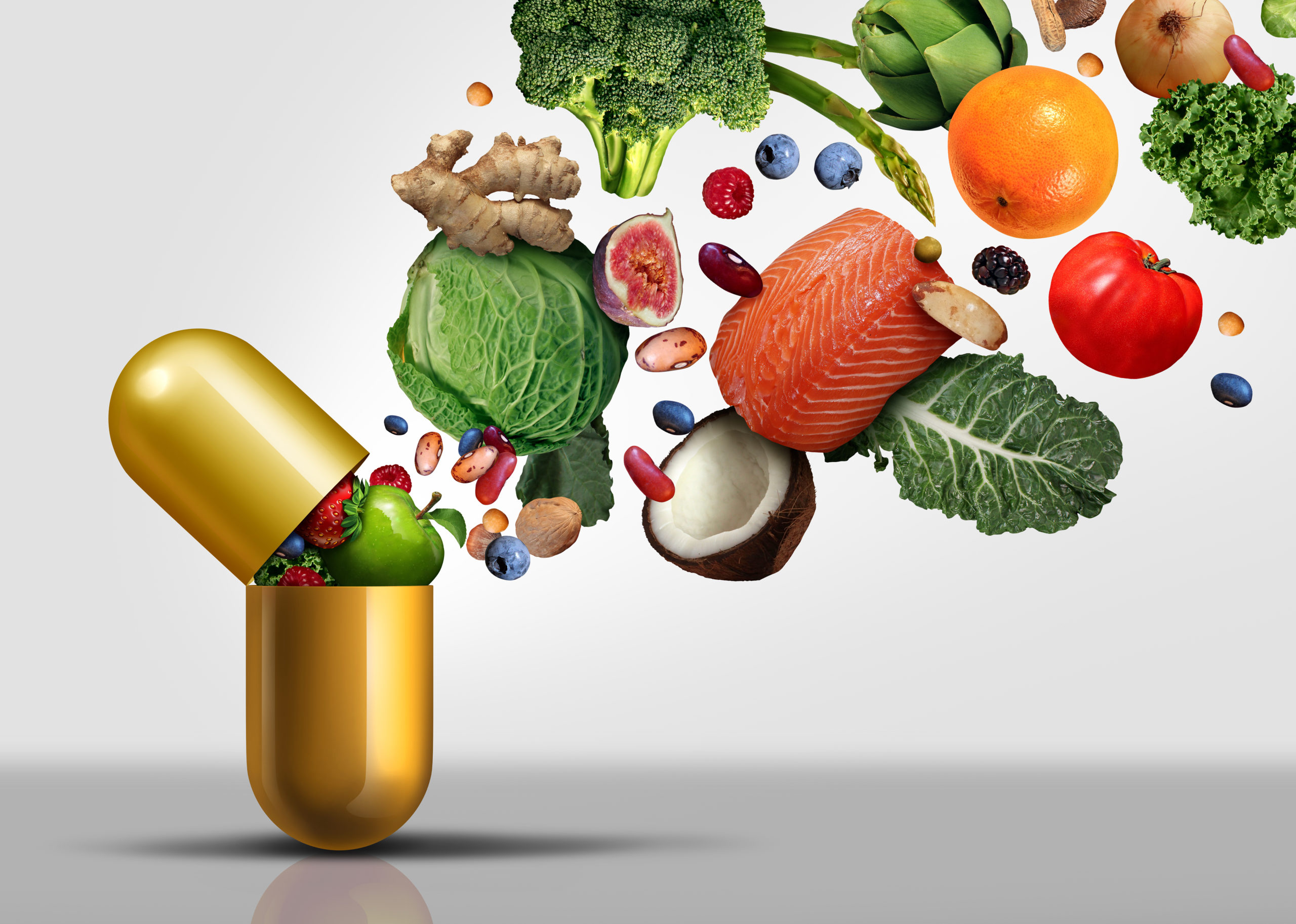Zaid Anwar | December 14, 2022
As we get older, our bodies become less efficient at absorbing and utilizing essential nutrients, including vitamins. This can lead to a range of health issues, including fatigue, muscle weakness, and an increased risk of chronic diseases.
To maintain good health and vitality, it is important for elders to ensure that they are getting enough of the key vitamins that their bodies need. These include vitamins D and B12, which are crucial for maintaining strong bones, healthy muscles, and a robust immune system.
Vitamin D is particularly important for elders, as our bodies produce less of it as we age. This can lead to a deficiency, which can cause a range of problems, including an increased risk of falls and fractures, as well as a higher risk of developing conditions like osteoporosis and osteomalacia.
Vitamin B12 is also important for maintaining good health in older adults. It helps to keep the nervous system functioning properly, and is essential for the production of red blood cells. A deficiency in vitamin B12 can lead to symptoms like fatigue, weakness, and cognitive decline.
In addition to vitamins D and B12, there are a number of other vitamins that are important for elder. These include vitamin C, which helps to support the immune system and protect against infections, and vitamin E, which is important for maintaining healthy skin, hair, and eyes.
To ensure that you are getting enough of these essential vitamins, it is important to eat a well-balanced diet that includes a variety of fruits, vegetables, whole grains, and lean proteins. You can also talk to your doctor about taking a daily multivitamin to help fill any gaps in your nutrient intake.
There are several different types of vitamins that are essential for maintaining good health. These include vitamins A, C, D, E, K, and the B vitamins (thiamine, riboflavin, niacin, pantothenic acid, biotin, vitamin B6, vitamin B12, and folate).
Vitamin A is important for maintaining healthy vision, skin, and immune function. Foods rich in vitamin A include carrots, sweet potatoes, spinach, and eggs.
Vitamin C is a powerful antioxidant that helps to protect cells from damage and support the immune system. Foods rich in vitamin C include oranges, strawberries, kiwi fruit, and red bell peppers.
Vitamin D is essential for maintaining strong bones and a healthy immune system. It is produced by the body when the skin is exposed to sunlight, but it can also be found in certain foods such as fatty fish, eggs, and fortified dairy products.
Vitamin E is another important antioxidant that helps to protect cells from damage. It is found in foods such as nuts, seeds, and vegetable oils.
Vitamin K is necessary for the proper clotting of the blood. It is found in leafy green vegetables, broccoli, and cabbage.
The B vitamins are a group of vitamins that are important for energy metabolism and maintaining healthy nerve function. They are found in a wide variety of foods, including meat, fish, dairy products, and leafy green vegetables.
In conclusion, getting enough of the key vitamins that our bodies need is essential for maintaining good health and vitality as we age. By eating a balanced diet and taking a daily multivitamin, elders can help to ensure that they are getting the nutrients that their bodies need to stay healthy and strong.


